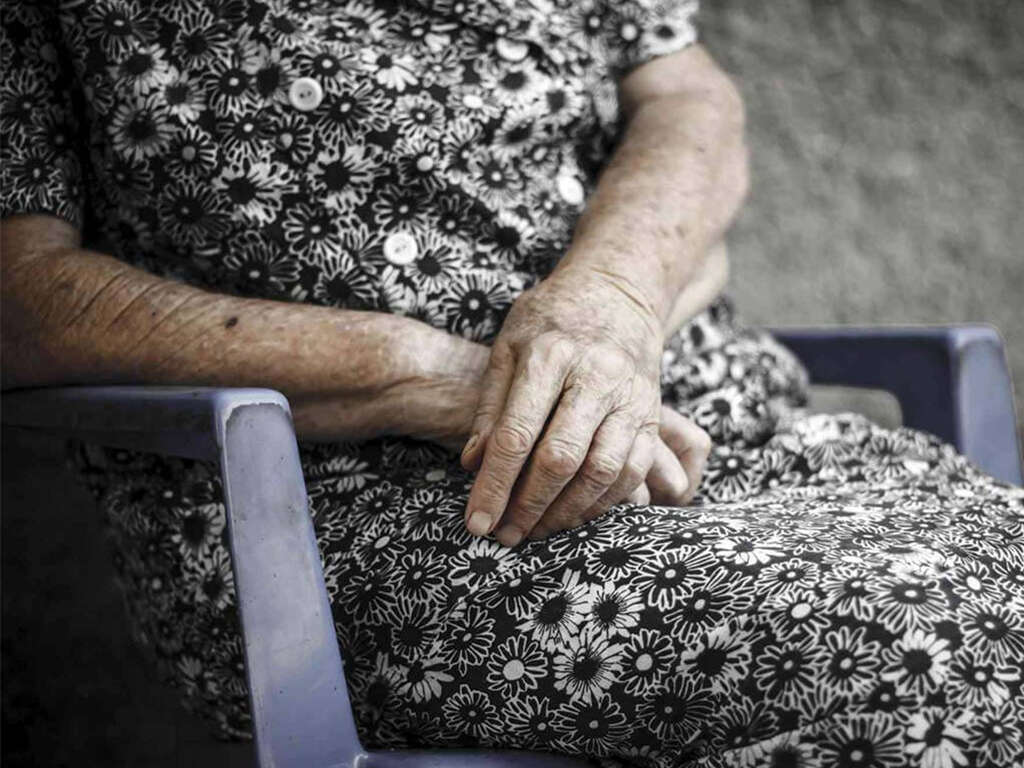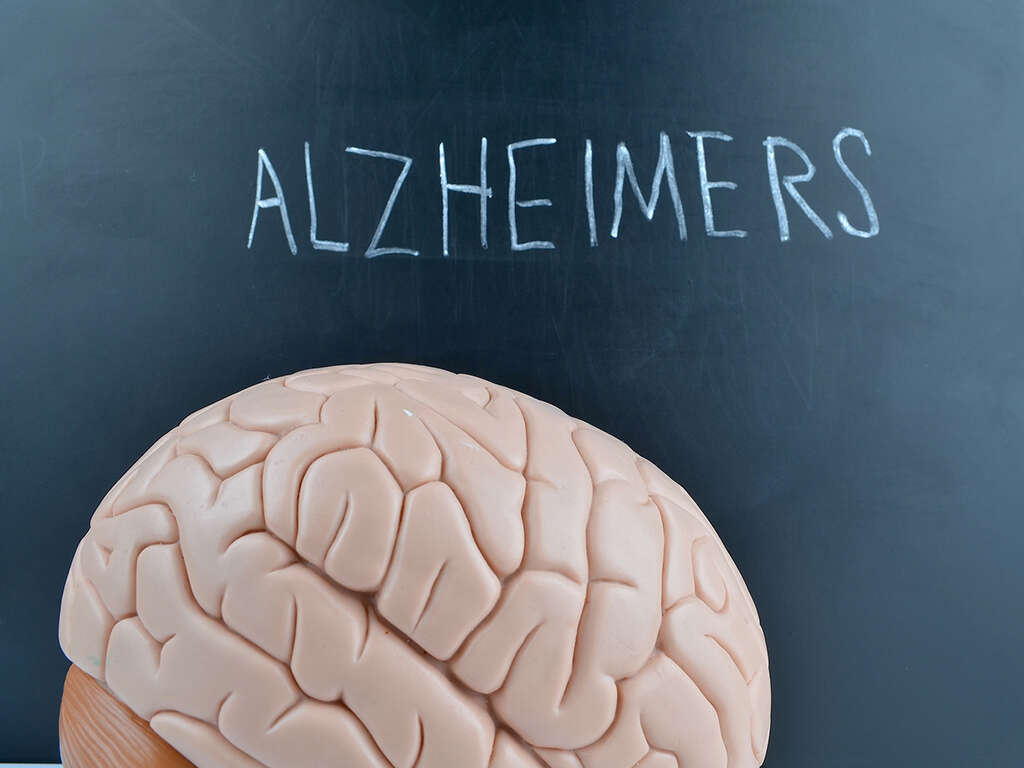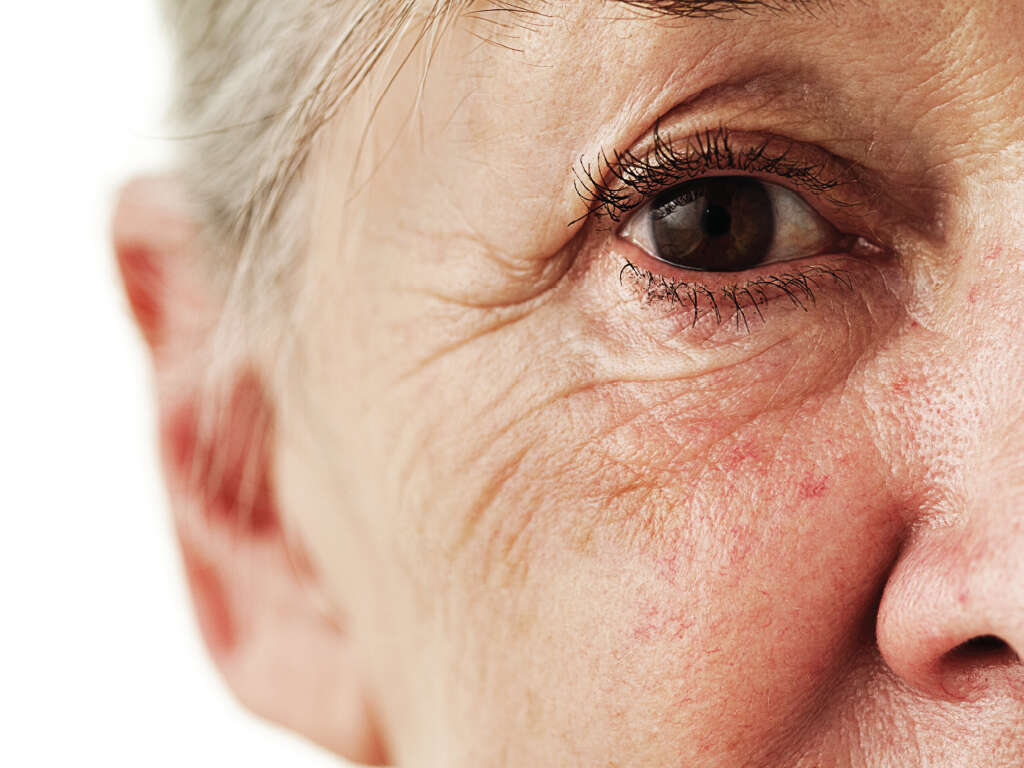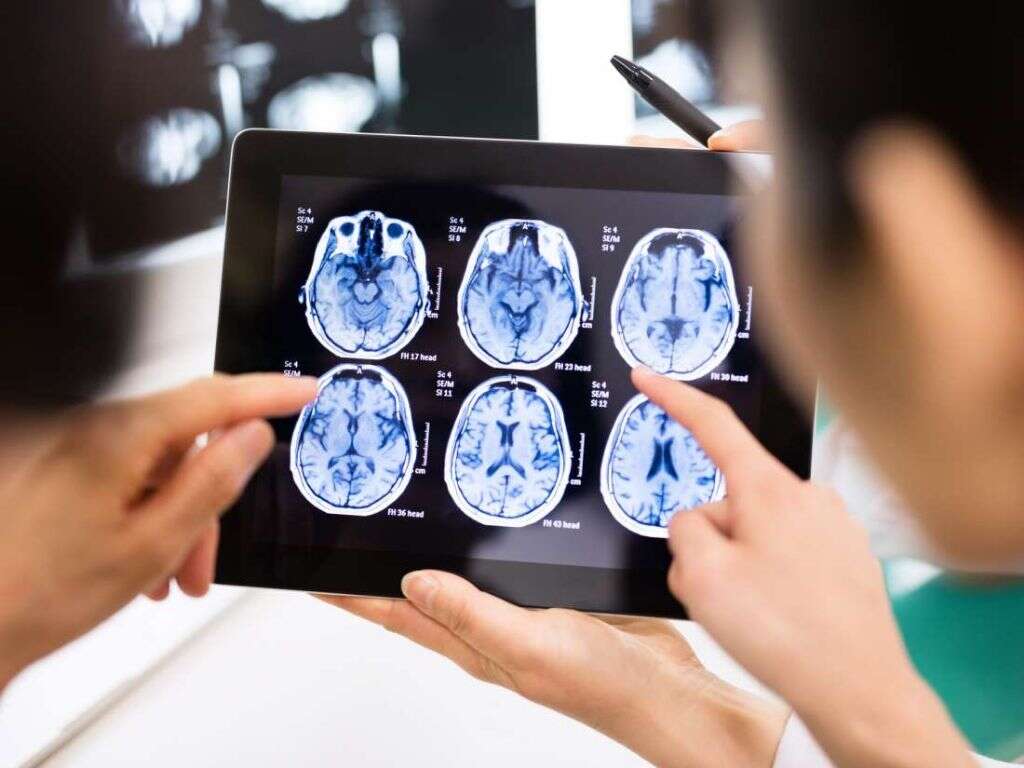What Is Alzheimer's Disease?
First appearing as mild symptoms sometime around the age of 65, Alzheimer’s disease can impair mental functions and affect memory. It can eventually lead to behavioral changes and severe cognitive decline. It often causes individuals to become dependent on others to provide assistance in their normal activities.
As the disease progresses, performing daily tasks may become difficult or impossible. Family members can feel overwhelmed when the disease affects a loved one. Caregivers report feeling exhausted and frustrated. It’s estimated that over 16 million Americans are caring for a family member with Alzheimer’s disease.

1. What Are the Symptoms of Alzheimer’s Disease?
The first signs of Alzheimer’s disease may appear as a growing tendency toward forgetfulness. The details of recent conversations or events may become harder or impossible to remember. Items such as car keys and cellphones may be misplaced more often and show up in unexpected places.
As Alzheimer’s disease progresses, the ability to function at work can be lost. At the moderate stage of the disease, an individual may become confused and find it difficult to learn how to perform new tasks. When it progresses to its severe stage, the ability to communicate effectively may be lost.
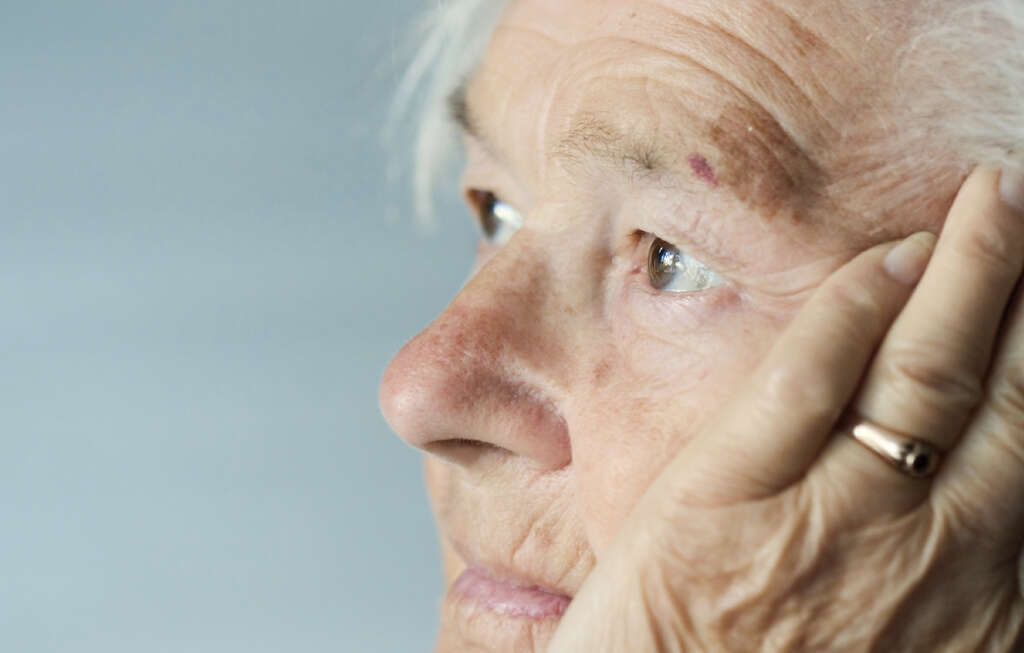
2. What Physical Changes Occur to Cause Alzheimer’s Disease?
Alzheimer’s disease results from physical and chemical changes occurring in the brain. Researchers believe they may begin to take place 10 years or more before symptoms develop.
The changes taking place in the brain revolve around an abnormal buildup of protein deposits. These buildups form collections of protein plaque and tangles or clumps between the brain’s nerve cells. Researchers believe they do more than interfere with the brain’s functioning; they may also cause brain cells to die.
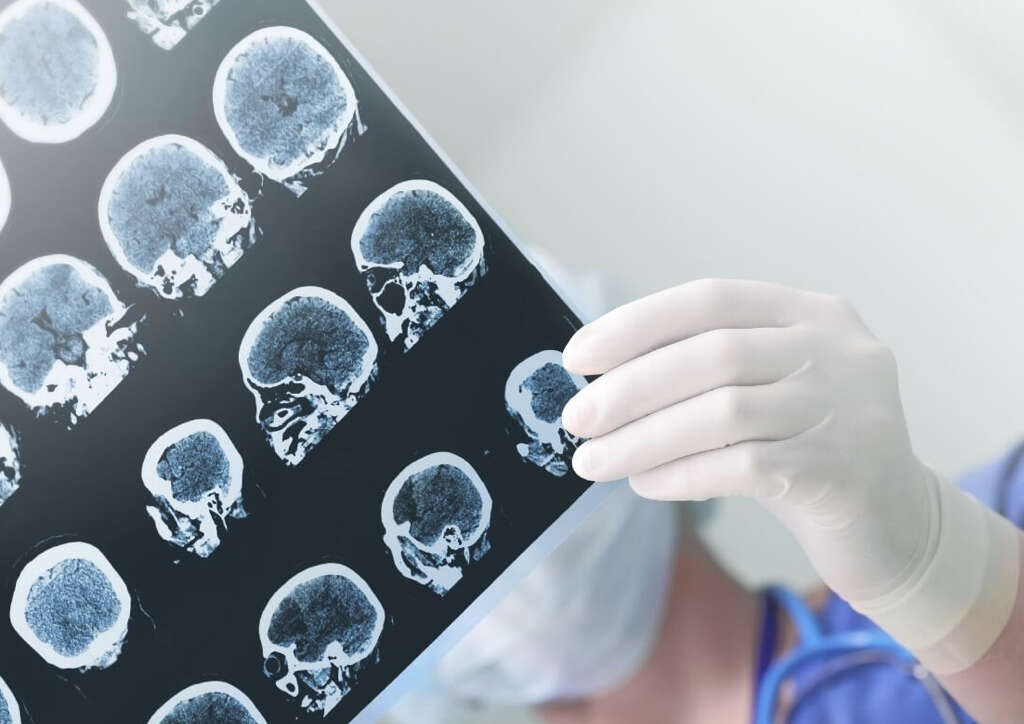
3. What Triggers the Changes in the Brain That Lead to Alzheimer’s Disease?
Researchers are investigating the biological triggers that may be responsible for the protein deposits in the brain to begin developing. One of the current trends in the research is to study the conditions affecting the brain in the preclinical years before the disease’s symptoms are actually displayed.
There may be certain age-related changes that take place in the brain that encourage the deposits to form. Other factors could also contribute to the damage caused by the disease. These include inflammation, shrinking of the brain, obesity, vascular damage and unstable molecules called free radicals.
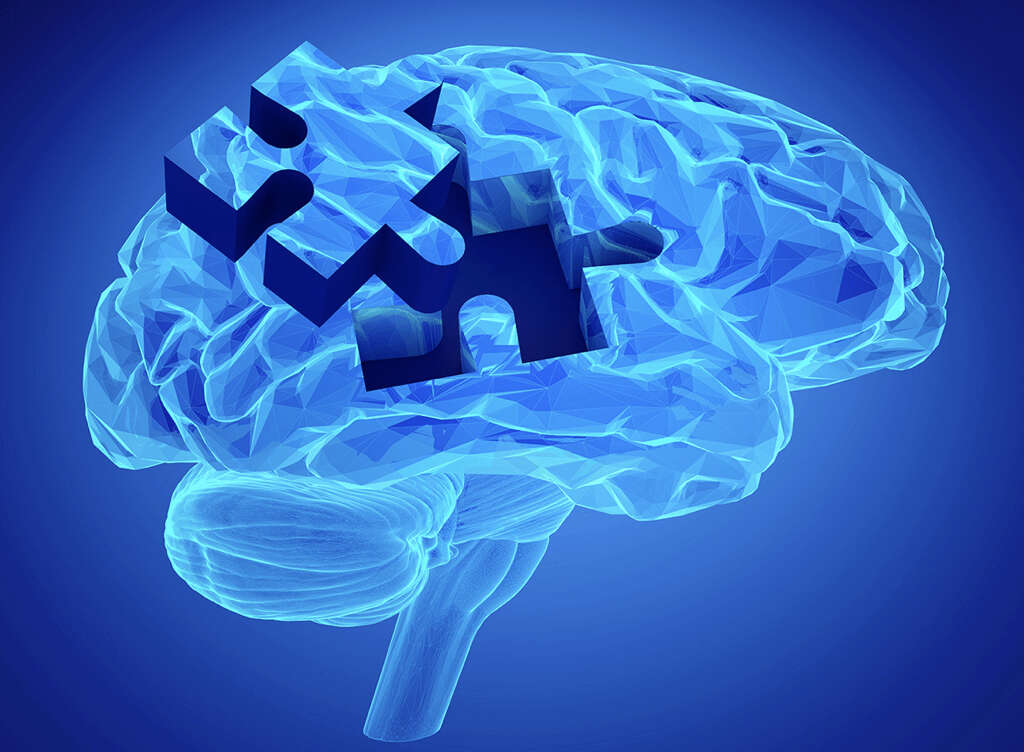
4. How Fatal Is Alzheimer’s Disease?
Alzheimer’s disease was ranked the nation’s sixth-leading medically related cause of death in 2018. That ranking, however, could change when considering only those related fatalities for individuals past the age of 65. The disease, however, does not reflect a normal result of the aging process.
Between 1999 and 2014, the number of deaths related to Alzheimer’s disease grew by 55%. The increase in fatalities may, however, be attributable to a lesser number of deaths from other age-related conditions such as cardiovascular disease. The growing older population may also be a reason for the increase.

5. How Many People Have Alzheimer’s Disease?
Estimates point to greater than 5 million people in the U.S. with Alzheimer’s disease. Although there are other physical conditions that may result in similar symptoms of cognitive decline, Alzheimer’s ranks as the most common cause.
By 2050, according to some estimates, the number of Americans with Alzheimer’s disease may come close to tripling. About half of the primary care physicians responding to a March 2020 survey expressed concern that the medical field may not be adequately prepared for the increasing number of Alzheimer’s patients.

6. Is There a Cure for Alzheimer’s Disease?
At this time, there is no cure for Alzheimer’s disease. There is also no known reliable treatment to either stop or reverse its progression. There are, however, treatments that could help patients maintain their day-to-day functioning and preserve a degree of independence. Medications that help control mood shifts, anxiety, sleep issues or improve memory loss may reduce the severity of the symptoms.
When diagnosed in its early stages, patients can plan ahead and consider how their daily tasks can be helped along as the disease progresses. The required steps for normal routines can be written out in case they are forgotten. Checklists can be helpful. Setting up a support network of friends and family can be a way to deal with unexpected future situations that might cause confusion or stress.

7. Can Anybody Develop Alzheimer’s Disease?
Although the majority of Alzheimer’s disease patients are over the age of 65, it is not a condition limited exclusively to older people. Individuals between the ages of 30 and 65 can also display symptoms. The degree of younger patients is, however, below 10%.
Based on an estimate of 5.7 million people with Alzheimer’s disease in the U.S. in 2018, the number of affected younger people could be about 570,000. Those younger patients with early symptoms may have developed the disease as a result of certain lifestyle habits. Researchers have also been looking into possible environmental and genetic factors.

8. What Can You Do to Lower the Chances of Developing Alzheimer’s Disease?
Because certain medical conditions can contribute to the onset of Alzheimer’s disease, taking steps to control or remedy the risk factors may help prevent or delay its development. Diabetes, smoking and high blood pressure are all risk factors.
Studies are examining how healthy lifestyle choices may lower the risk of developing Alzheimer’s disease. Some of those choices include physical activity, learning new things, healthy nutrition and positive social engagement. Cognitive health may, overall, be improved or maintained by engaging in pursuits that are mentally stimulating.

9. What Role Does Nutrition Play in Alzheimer’s Disease?
Nutrition may play a significant role in prevention. The omega-3 fatty acids in seafood and fish oil supplements are being studied to determine how they may be able to lower the risk factor. Omega-3s from fish have also been added to the dietary guidelines to help prevent vascular disease issued by the American Stroke Association. Vascular damage is believed to contribute to Alzheimer’s disease.
Decreasing the intake of sugars and adding a greater number of whole grains, fruits and vegetables to a diet may also help prevent Alzheimer’s disease. Cutting down on red meat and “junk food” could also decrease the risk.

10. What Type of Care Does Someone with Alzheimer’s Disease Require?
Much of the focus of care for patients with mild to moderate Alzheimer’s disease centers on helping them maintain their ability to perform day-to-day tasks. The patient’s caregiver typically helps develop a daily routine, reduces distractions and provides easy-to-understand verbal guidance.
Because there are few medical treatments to reduce the disease’s symptoms, a patient’s quality of life can be best improved through proper caregiving. By planning and organizing the day, modifying difficult tasks and communicating effectively, a caregiver can play a significant role in helping a patient manage the symptoms.




